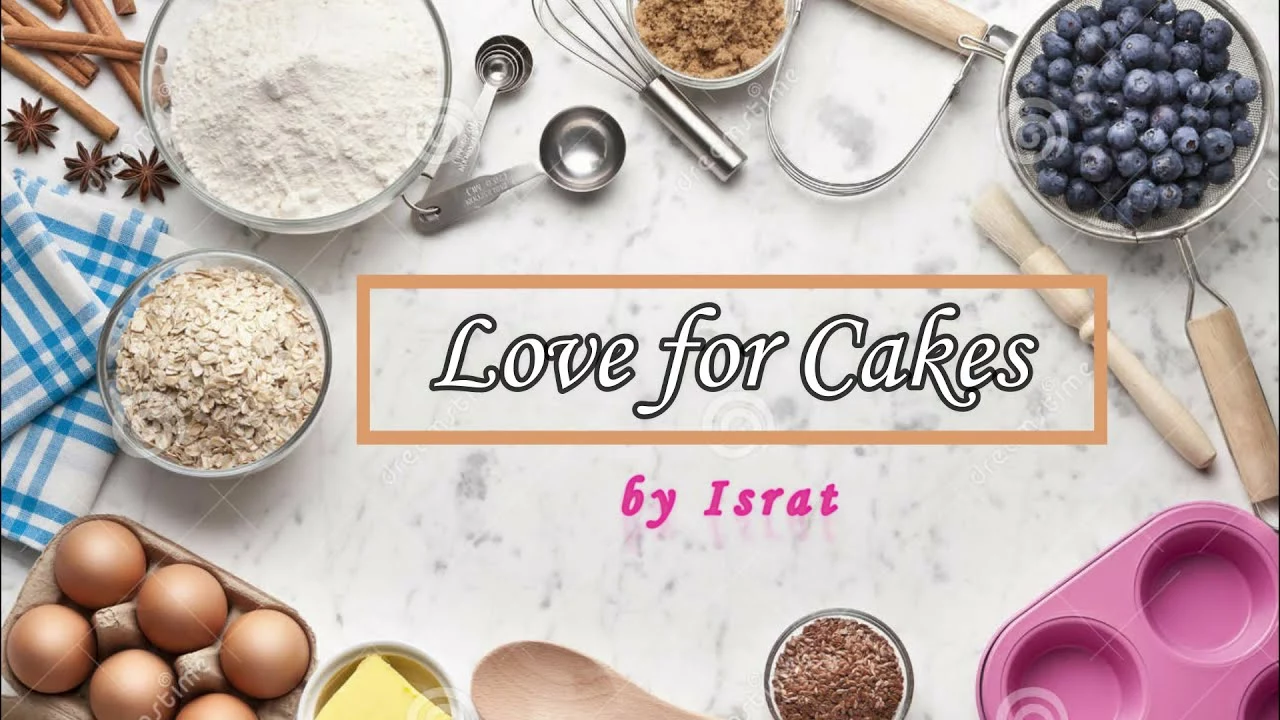The Great Measurement Conundrum: Understanding Linear Scaling in Recipes
There's something about cooking that sparks the inner scientist in many of us. I, for one, am one of those culinary dabblers who find great joy in experimenting in the kitchen. If you've ever tried doubling, or even halving down your favourite recipe, you've engaged in what we could call the 'great measurement conundrum'. Now, before Monty (my esteemed corgi with a forever unsatiated palette) or young Emerson, my inquisitive little Jr. Chef, try to hijack the conversation, let's get down to the nitty-gritty: Do all ingredients scale linearly in recipes?
A Recipe for Chaos or Culinary Success?
Imagine you found a delightful recipe, and you're eager to share it with family and friends. You want to double the servings, but you're halted by doubt. Should you just double all the ingredients? Well, not really. Not all ingredients in recipes scale linearly. Here's why: When it comes to foods like spices, salts, and leavening agents, doubling these may result in a dish too spicy, too salty, or perhaps one with a landslide happening in your oven. It seems like my parrot, Hazel, knows this better than anyone else, often squawking a timely 'too salty!' whenever I overdo it.
On the flip side, reducing such ingredients by half doesn't fare too well either. Consequently, preparing a half-portion of your favourite lasagna might turn out underseasoned or lacking the expected zest. The rule of thumb, as I figured after a fateful cookie-baking incident with little Warner, is to always stick to the original ratios when adjusting recipe servings, at least for flavorings and raising agents.
Understanding Culinary Mathematics
Linear scaling in recipes means that an ingredient's quantity should increase or decrease proportionately with the recipe's overall yield. In an ideal world, if you double a recipe, every ingredient should double. If you halve it, every ingredient should halve. Simple enough, right? But the world of cookery is a land governed by culinary mathematics, where the rules are as diverse as the recipes themselves.
For instance, think about a muffin recipe. If you double the amount of baking powder, you aren't going to get double the puffiness, but probably an unappetizing aftertaste of the leavener. Moreover, in baking, you don't linearly scale yeast for a larger dough mass either, because yeast is a living organism and will multiply during the fermentation process. The same applies to ingredients delivering heat or pungency, such as chilli or garlic - doubling them might set mouths on fire.
A Pinch of Wisdom: Tips for Successful Recipe Scaling
Now that we've acknowledged the bewildering world of proportional cooking adjustments, I want to share a few valuable tips I've gathered over the years (and miles of parchment papers!). Firstly, consider the cooking time when changing the servings of a recipe. For example, if you've doubled or halved a cake recipe, you need to adjust the cooking time accordingly too.
Secondly, slow and steady wins the race. If you're unsure, add flavorings, spices, and leavening agents gradually, and taste as you go along. There's always room for more, but you can't save a dish that's become a fiery inferno for your taste buds or is so salty it's reminiscent of the Dead Sea.
Lastly, keep in mind the capacity of your cooking vessels. If you're doubling a recipe, make sure your pot or baking dish can accommodate it. I learnt this the hard way when a doubled batch of chicken pot pie ended up more on my oven floor than in our dinner plates!
In conclusion, not all ingredients in recipes scale linearly. Each has its own set of rules that require both science and experience to master. Happy experimenting in your kitchen! And remember, every culinary misstep can be a learning opportunity. Just ask Monty, who’s always eagerly waiting for those experimental 'accidents' to happen!




